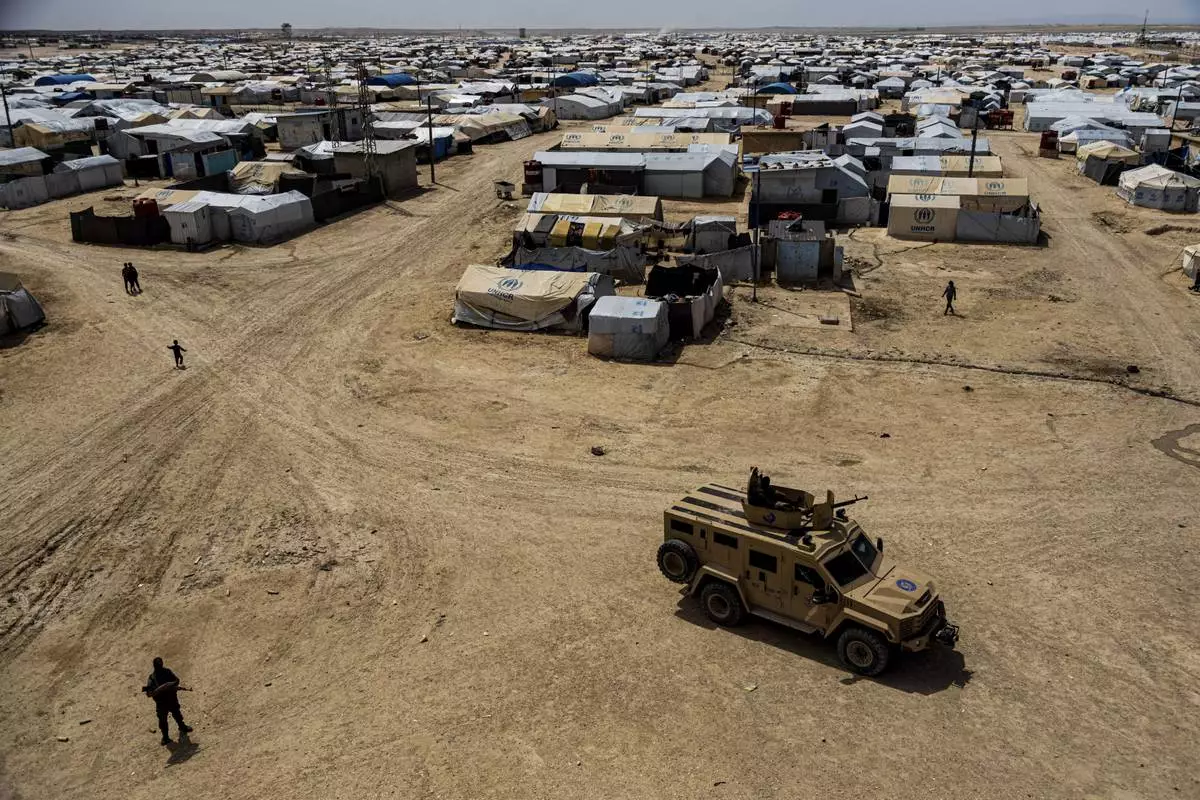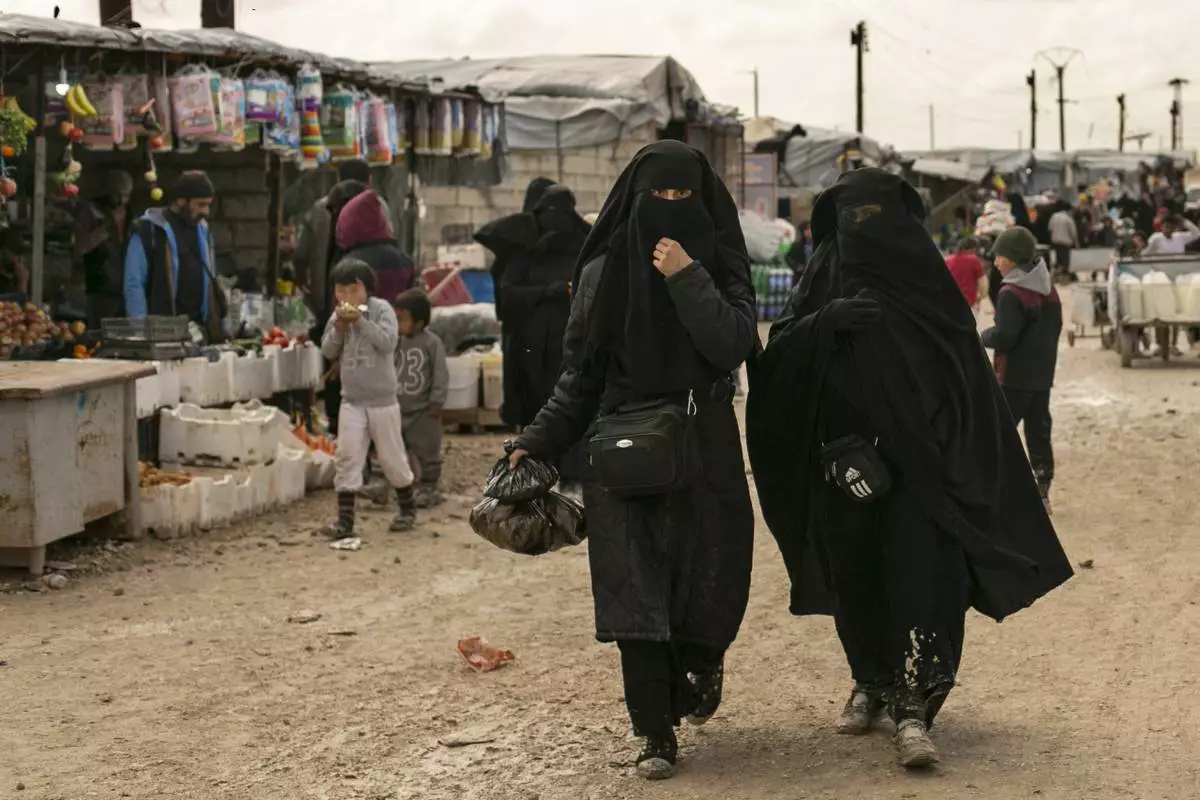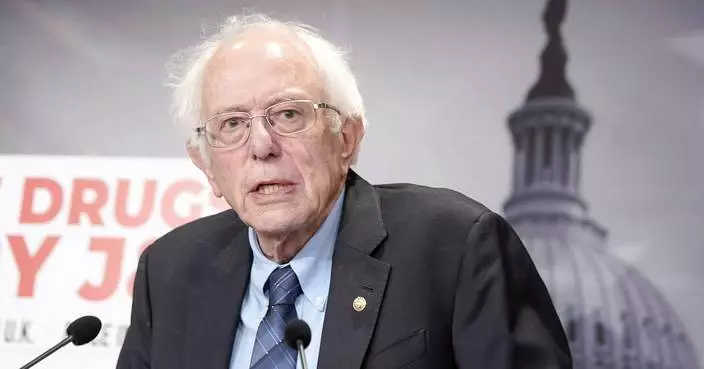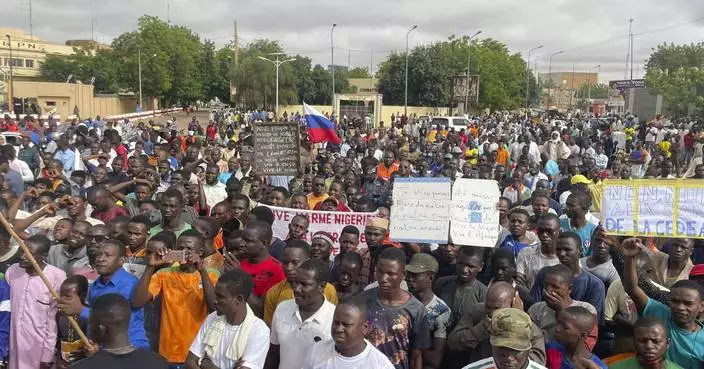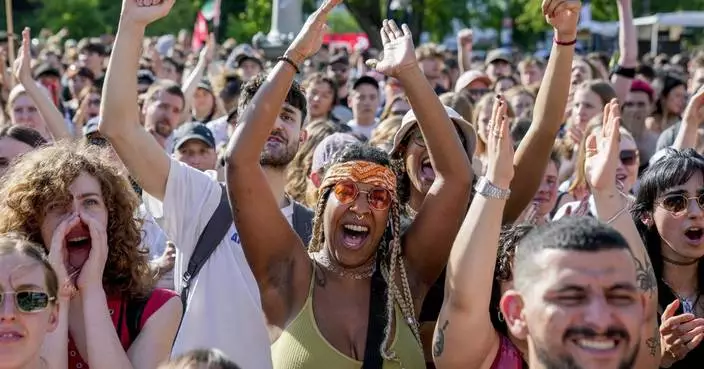Low-income people in states that haven't expanded Medicaid are much more likely to forgo needed medical care than the poor in other states, according to a government report due out Monday amid election debates from Georgia to Utah over coverage for the needy.
The nonpartisan Government Accountability Office worked with the National Center for Health Statistics to analyze federal survey data from 2016. The research focused on low-income adults ages 19-64 in states that did not expand Medicaid under the Obama-era Affordable Care Act, compared to their peers in states that did.
Medicaid expansion is an issue in several high-profile gubernatorial contests and in states where supporters have gotten referendum questions on the ballot. Under the law, states may expand Medicaid for low-income people making up to roughly $16,750 for an individual or $34,640 for a family of four. Seventeen states have not adopted the expansion, opposed by many — but not all — Republicans.
Among the report's findings:
—Nearly 20 percent of low-income people in states that did not expand Medicaid said they passed up needed medical care in the past 12 months because they couldn't afford it. That compared to 9.4 percent in states that expanded the program.
—About 8 percent of those in states that did not expand Medicaid reported they either skipped medication doses to save money or took less medication than prescribed. That compared to about 5 percent in states that expanded. For people with chronic conditions such as high blood pressure, diabetes and asthma, staying on a medication schedule is considered essential.
—About 22 percent of those in states not expanding Medicaid said they needed but could not afford dental care, as compared to 15 percent of similar low-income adults in expansion states.
—About 11 percent of those in non-expansion states said they needed to see a specialist but weren't able to afford it, as compared to about 6 percent of those in expansion states.
"States around the country have an opportunity to expand Medicaid to more people; these findings help show why it's a winning proposition for states and the millions of Americans currently left out," said Sen. Ron Wyden, D-Ore., who requested the analysis.
Aides to Wyden said the 70-page report is the most detailed look yet at real-world differences that Medicaid expansion can make. In states that did not expand Medicaid, low-income adults are more likely to be uninsured.
Medicaid is a federal-state program that has grown to cover about 1 in 5 U.S. residents, from many newborns to severely disabled people to elderly nursing home residents. Its total cost is about $570 billion a year. Former President Barack Obama's health care law expanded Medicaid to allow states to cover low-income adults with no children living at home.
On Election Day, voters in Idaho, Nebraska and Utah will decide whether their states should expand the program. Montana voters will decide on maintaining that state's expansion.
Expansion also is an issue in gubernatorial races in Florida, Georgia and Wisconsin, which have not expanded Medicaid.
With the federal government covering at least 90 percent of the cost, expansion proponents argue states turning it down are leaving on the table tax dollars their own citizens send to Washington. Backers include hospital systems and health insurers, and many local business groups.
Opponents contend that the cost is still too high for states, which have other major financial responsibilities for education, infrastructure and law enforcement, and must balance their budgets.
President Donald Trump's administration is strongly opposed to Medicaid expansion and tried unsuccessfully to repeal it during Trump's first year.
Medicare and Medicaid administrator Seema Verma argues that Medicaid was originally intended as a safety-net program for the most vulnerable in society and covering able-bodied adults is beyond its scope. Verma is encouraging states to set work requirements for Medicaid, contending that will encourage people to earn their way out of poverty and dependence on government insurance.



